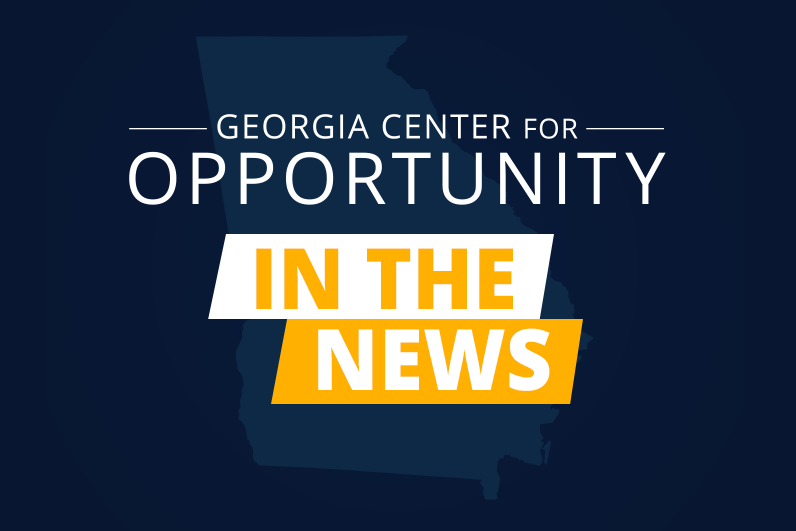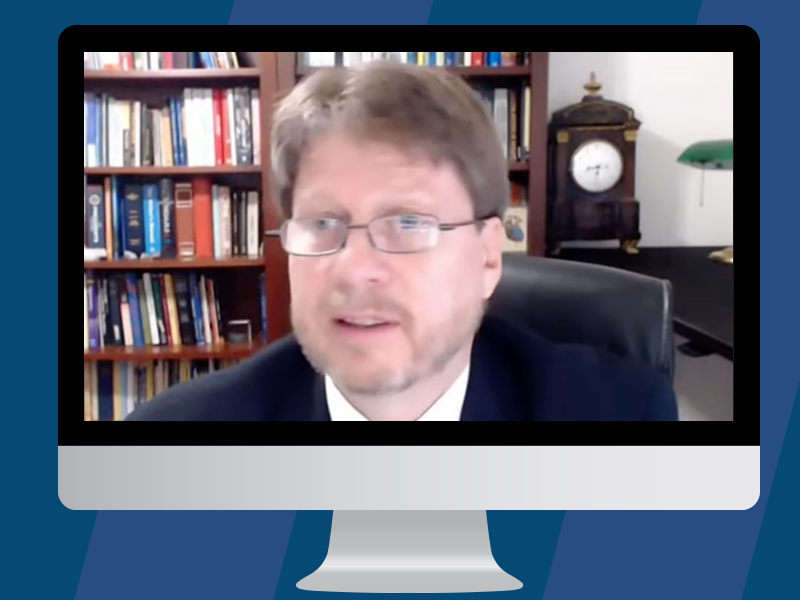America’s inflationary policy
Unfortunately, a 1978 law changed promoting purchasing power to become the lame “reasonable price stability,” which is not the same thing.
Over the years, the Fed has allowed inflation as a matter of policy. In 2012, Fed Chairman Ben Bernanke explicitly stated for the first time an inflation target of 2% per year. If the Fed can somehow hold to this target, which it has not been able to do historically, it equates to doubling the price level every 35 years. Last August, it backed away from this policy. Because of all the pandemic spending and monetary expansions, the Fed approved a policy to allow inflation to rise “modestly” above its 2% target.
It is not just the Fed that has shied away from promoting purchasing power. In 1978, and in the midst of the stagflation years, Congress legislated the modest goal that inflation should be 3% or less, but the target rate was supposed to come down to zero percent by 1988 unless it might have impeded employment.
The Fed is not alone to blame for the inability of the federal government to control inflation. Congress’s lack of fiscal discipline resulting in soaring budget deficits place the Fed in a tenuous position to keep interest rates low so federal debt service costs also remain low. Furthermore, recent Fed direct purchases of Treasury debt because of all that federal spending adds to the money supply, eroding—not promoting—purchasing power.
How Congress can better help the average working family
If economics has any immutable law, it must be that you can’t get something out of nothing. This explains why the Consumer Price Index increased 5.4% since last year, as announced today by the Bureau of Labor Statistics. And the rate of increase appears to be accelerating. The monthly rate was 0.6% in May but 0.9% in June. If this June inflation rate persists, and hopefully it does not, we will have double digit inflation. A 0.9% monthly rate equates to an 11.4 % annual rate.
Considering all the recent deficit spending by Congress and expansionary policies by the Fed, expect more of the same, or worse. In fact, according to a survey of economists in yesterday’s Wall Street Journal, “Americans should brace themselves” because economists are waking up to the prospect of higher inflation, expecting “brisk price increases for a while.”
Economic history indicates deflation should be the norm. In fact, innovation spawns increased productivity that allows prices to fall, which should show up as deflation. We have the opposite: productivity gains with inflation. This outcome places the blame squarely on monetary and fiscal policy.
In the meantime, Jazmine and other hard working Americans struggle to keep up with rising prices. Instead of pushing for increases in the minimum wage that help some at the expense of others, Congress needs to renew our nation’s purchasing power policy and get its fiscal house in order.











